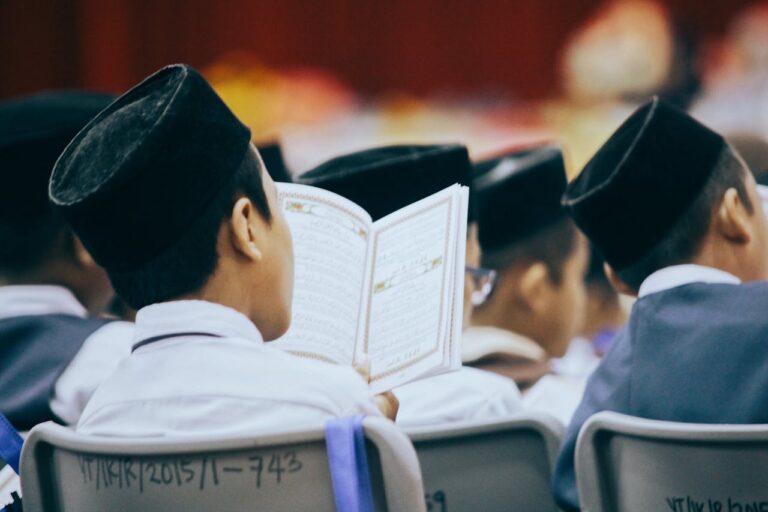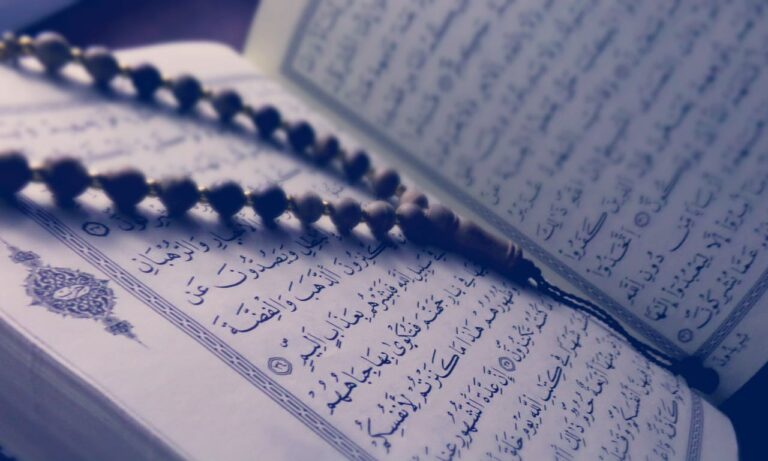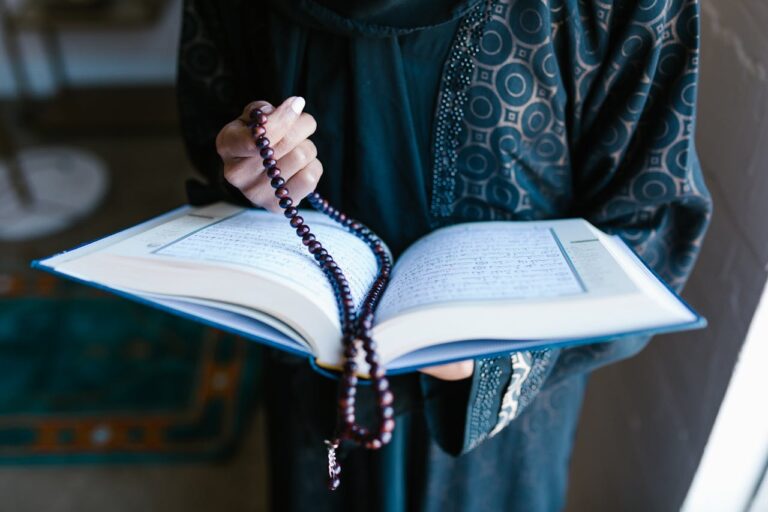If you actually pray properly, addiction is going to be the easiest thing to quit, money the easiest thing to get, stress is going to become non-existent, and peace is going to become consistent.
The Struggle for Peace in Daily Life
Have you ever wondered why so many Muslims struggle to find peace in their daily lives, despite holding onto one of the most powerful spiritual tools available—Salah? The answer often lies in how we approach this practice. Could it be that we’re not fully tapping into the profound benefits that prayer can offer? Understanding how to pray Salah properly is key to unlocking these benefits.
The Transformative Power of Salah
Salah, our daily ritual prayer, is more than just a physical act; it’s a divine connection that has the power to transform every aspect of our lives. When performed correctly, Salah can change our entire reality, turning chaos into order, darkness into light, and weakness into strength. The spiritual benefits of Salah are vast, influencing both our inner and outer worlds.
I often reflect on the “Golden Age of Islam” (8th to 13th centuries), a time when Muslims flourished spiritually, intellectually, and materially. The difference between then and now is stark, and I believe it lies in how Muslims of the past understood the importance of Salah in Islam and utilized the “mountain of gold” that is Salah.
Rediscovering the Power of Salah
This “gold” isn’t hidden or inaccessible; it’s right in front of us. But we often miss it because we approach Salah mechanically, without the presence, focus, and understanding it truly requires. Salah is more than a sequence of physical postures; it is a means of entering, connecting, and reaching a new dimension where the unseen merges with the seen. Knowing how to pray Salah with intention can unlock these profound benefits.
Salah as a Cleansing River
Think of Salah as a river, as described in a powerful hadith by the Prophet Muhammad (peace be upon him). He likened our five daily prayers to a sweet, flowing river right in front of our homes. Imagine bathing in that river five times a day—would any dirt or grime remain on you? This is the cleansing power of Salah, not just physically, but spiritually, emotionally, and mentally.
Breaking Down the Steps of Salah
Standing (Qiyam): When you stand in Salah, it’s about more than just standing upright. It’s about transitioning from chaos to order, aligning your mind and body, and preparing to receive guidance from Allah. This act itself is a movement from darkness to light.
Kneeling (Ruku): As you bow, this is your moment to release all the suppressed emotions, sins, and burdens you’ve been carrying. It’s a moment of purification, where your heart and soul are cleansed. The physical act of bowing helps you loosen the tension in your body, mirroring the spiritual release within.
Prostration (Sujud): This is the climax of Salah, where you connect most intimately with Allah, seeking mercy, strength, and renewal. In this position, you’ve brought the beginning and the end together, aligning your head with your feet, and in doing so, you’re in a state of rebuilding and recovery, much like a baby in the womb.
The Profound Impact of Focused Salah
Visualizing the act of prostration, I’ve often found it helpful to think of it this way: “Your head is in the same line as your feet…you’ve brought the beginning and the end together, connecting with the Divine in the most profound way possible.” This imagery is powerful because it reminds us that Salah is not just about ritual but about aligning ourselves with the divine order of the universe. This alignment is one of the many spiritual benefits of Salah.
But here’s the key: not all prayers are the same. Just as not all showers are the same—some are quick rinses, while others are deep cleanses—not all Salahs have the same impact. A rushed prayer might fulfill the obligation, but a thoughtful, focused prayer can cleanse your soul and bring you closer to Allah in ways that transform your entire day. Understanding how to pray Salah with mindfulness can greatly enhance its spiritual benefits.
Salah as a Gift
What I want you to take away from this is simple but profound: Salah is not just a duty—it’s a gift. A gift that, when honored and performed with true presence, has the power to cleanse us from our sins, protect us from evil, and elevate our souls. Recognizing the importance of Salah in Islam can help us treat this act with the reverence it deserves.
Imagine standing in the graveyard, reflecting on those who have passed. If they could have just one more chance, what would they ask for? Likely, they would yearn for just one more opportunity to perform Salah. Yet here we are, blessed with this gift, often treating it as a burden.
Next Steps
So, I encourage you to take a step back and re-evaluate how you approach your daily prayers. Treat them with the reverence they deserve. Learn the meanings of the words you recite. Add on the Sunnah prayers, engage in dhikr, and let your Salah be driven by love for Allah, not just obligation.
- Try waking up before Fajr to perform Salah with full focus and presence. Observe the impact it has on your day and your overall well-being.
- Reflect on your current practice of Salah. Are you performing it with the attention and devotion it deserves?
- Share your experiences with others, encouraging them to explore the deeper dimensions of this powerful spiritual practice.
With this newfound understanding, take the first step towards unlocking the divine connection that has the power to change everything. Remember, “You do not know what rank your Salah will take you to.” So treat each prayer as a step closer to the Divine, and watch how it transforms your life.



